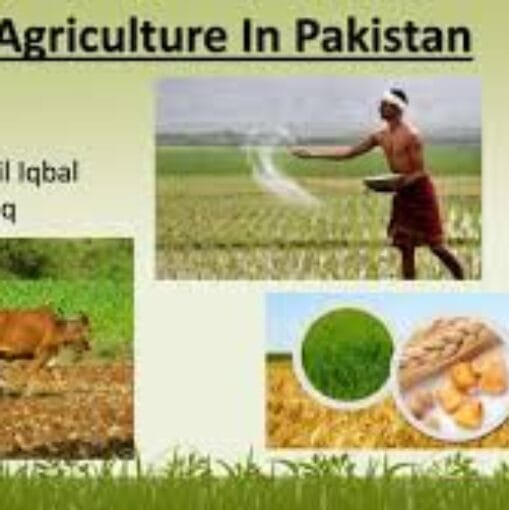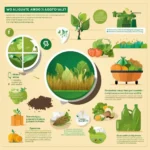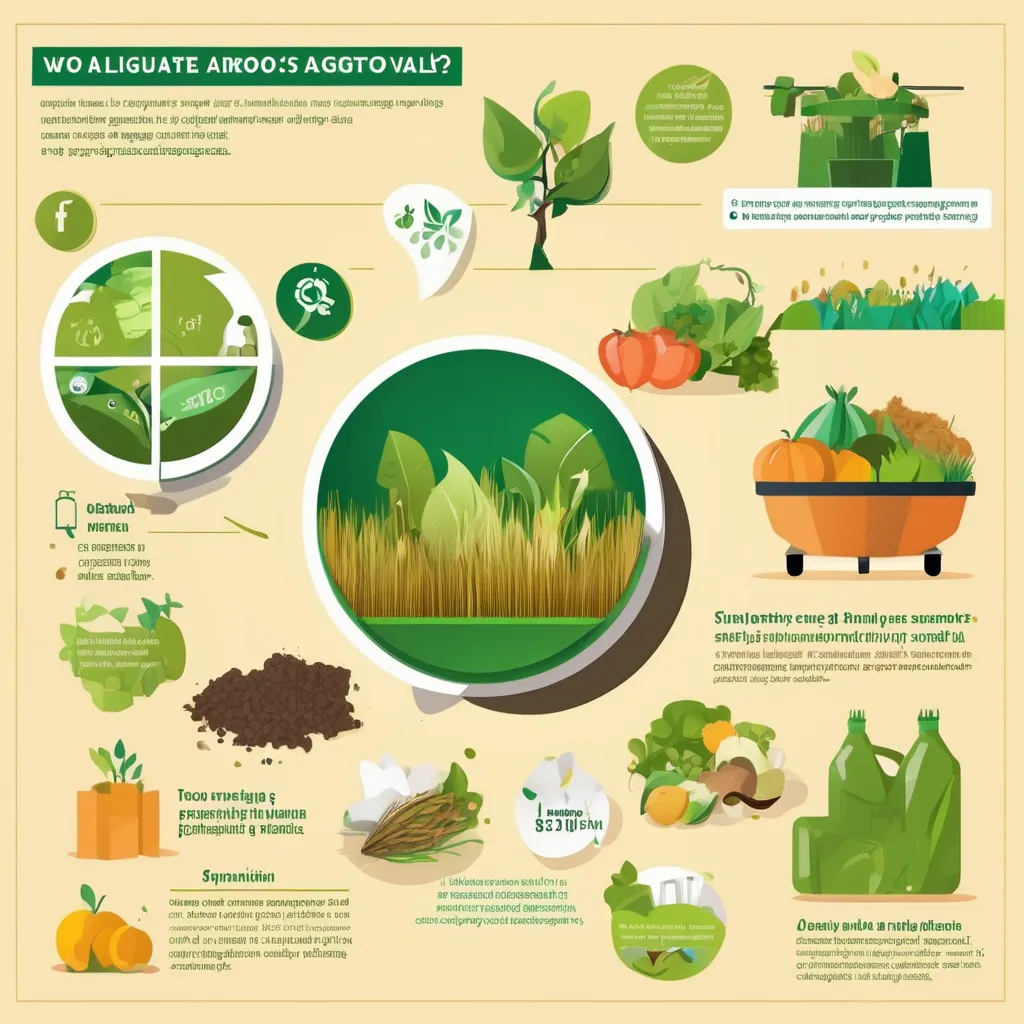Introduction
Sustainable farming practices have become essential in the fight against climate change, soil degradation, and biodiversity loss. By incorporating eco-friendly practices, farmers can increase crop productivity while preserving natural resources for future generations. In this guide, we explore the principles and techniques of sustainable farming and how it benefits both the environment and agricultural productivity.
What Is Sustainable Farming?

Sustainable farming is an approach that aims to meet current agricultural needs without compromising the ability of future generations to meet theirs. It involves practices that are environmentally friendly, economically viable, and socially responsible, ensuring long-term agricultural productivity and ecosystem health.
Key Sustainable Farming Practices
1. Crop Rotation
Crop rotation involves alternating the types of crops grown on the same land in sequential seasons, which helps to maintain soil fertility, reduce pests, and prevent soil erosion.
- Benefits: Prevents soil depletion, reduces reliance on chemical fertilizers, and breaks the cycle of pests and diseases.
- Implementation: Farmers can plan their crop rotations based on the specific nutrient needs of each crop and seasonal growing conditions.
2. Agroforestry
Agroforestry is the integration of trees and shrubs into agricultural land, promoting biodiversity and improving soil quality.
- Benefits: Enhances soil fertility, reduces erosion, and provides additional income sources from timber or fruit.
- Implementation: Farmers can plant trees around field edges or within their fields to create a natural, biodiverse environment.
3. Integrated Pest Management (IPM)
Integrated Pest Management (IPM) is an environmentally sensitive approach to managing pests through biological, cultural, and physical control methods.
- Benefits: Reduces the need for chemical pesticides, protects beneficial organisms, and promotes a balanced ecosystem.
- Implementation: Farmers monitor pest levels and apply targeted controls only when necessary, reducing environmental harm.
4. Conservation Tillage
Conservation tillage minimizes soil disturbance, protecting soil structure and reducing erosion. Techniques like no-till farming leave crop residues on the field surface to protect soil.
- Benefits: Improves soil health, reduces erosion, and increases water retention.
- Implementation: Farmers can use specialized equipment to plant seeds without tilling the soil, preserving its natural structure.
5. Organic Farming
Organic farming avoids synthetic pesticides and fertilizers, focusing on natural processes to boost soil fertility and crop resilience.
- Benefits: Enhances soil health, promotes biodiversity, and reduces chemical runoff.
- Implementation: Farmers use compost, green manure, and crop rotation to enhance soil fertility without chemicals.
Benefits of Sustainable Farming Practices
- Soil Health: Sustainable practices preserve and enhance soil quality, leading to higher long-term productivity.
- Biodiversity: By avoiding harmful chemicals and promoting diverse ecosystems, sustainable farming supports wildlife and plant diversity.
- Water Conservation: Techniques like conservation tillage and crop rotation improve soil moisture retention, reducing water requirements.
- Carbon Sequestration: Sustainable practices, such as agroforestry, help capture carbon from the atmosphere, reducing greenhouse gases.
Challenges in Implementing Sustainable Practices
- Cost: The initial costs of switching to sustainable practices can be high, especially for small farmers.
- Knowledge Gap: Limited access to training on sustainable practices can hinder adoption.
- Market Demand: Consumers may not always recognize or pay premiums for sustainably grown products, impacting profitability.
The Role of Technology in Sustainable Farming
Advances in technology have made sustainable farming more accessible. Precision agriculture tools, such as GPS and sensors, allow farmers to monitor crop health, manage water usage, and reduce pesticide application with accuracy. AI-driven data analytics and drone technology further enhance the efficiency and sustainability of farming practices.
Conclusion
Sustainable farming practices are essential for protecting the environment and ensuring food security for future generations. From crop rotation and conservation tillage to technological innovations, these practices empower farmers to produce healthy, high-quality crops while preserving natural resources.





I do trust all the ideas youve presented in your post They are really convincing and will definitely work Nonetheless the posts are too short for newbies May just you please lengthen them a bit from next time Thank you for the post
hiI like your writing so much share we be in contact more approximately your article on AOL I need a specialist in this area to resolve my problem Maybe that is you Looking ahead to see you